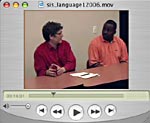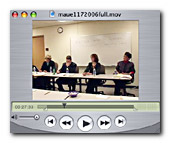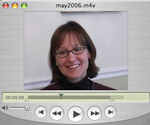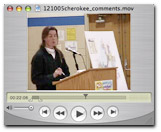Madison School Board Seat 1 Candidate Maya Cole:
In a report published by the Educational Research Service titled, Thinking Differently: Recommendations for 21st Century School Board/Superintendent Leadership, Governance, and Teamwork for High Student Achievement, recommended that school districts can effectively raise student achievement with strong leadership and teamwork from the school board and superintendent.
The study was supported by a Ford Foundation grant to the New England School Development Council.
The authors point to a new way of thinking:
Strong, collaborative leadership by local school boards and school superintendents is a key cornerstone of the foundation for high student achievement. That leadership is essential to forming a community vision for children, crafting long-range goals and plans for raising the achievement of every child, improving the professional development and status of teachers and other staff, and ensuring that the guidance, support, and resources needed for success are available.
If this country is serious about improving student achievement and maximizing the development of all of its children, then local educational leadership teams – superintendents and school board members – must work cooperatively and collaboratively to mobilize their communities to get the job done!
How does a board lead? With vision, structure, accountability, advocacy, and unity – to be used as criteria for continuous development and self-evaluation of a team’s leadership and governance.
Maya’s opponent in the April 4 election is Arlene Silveira.
















